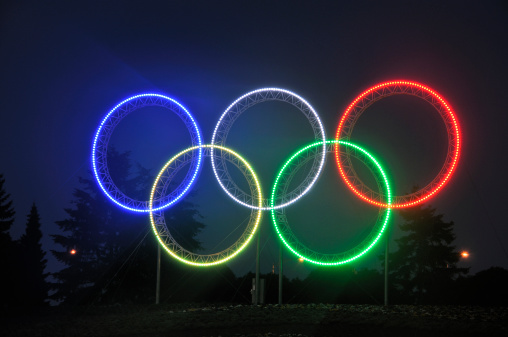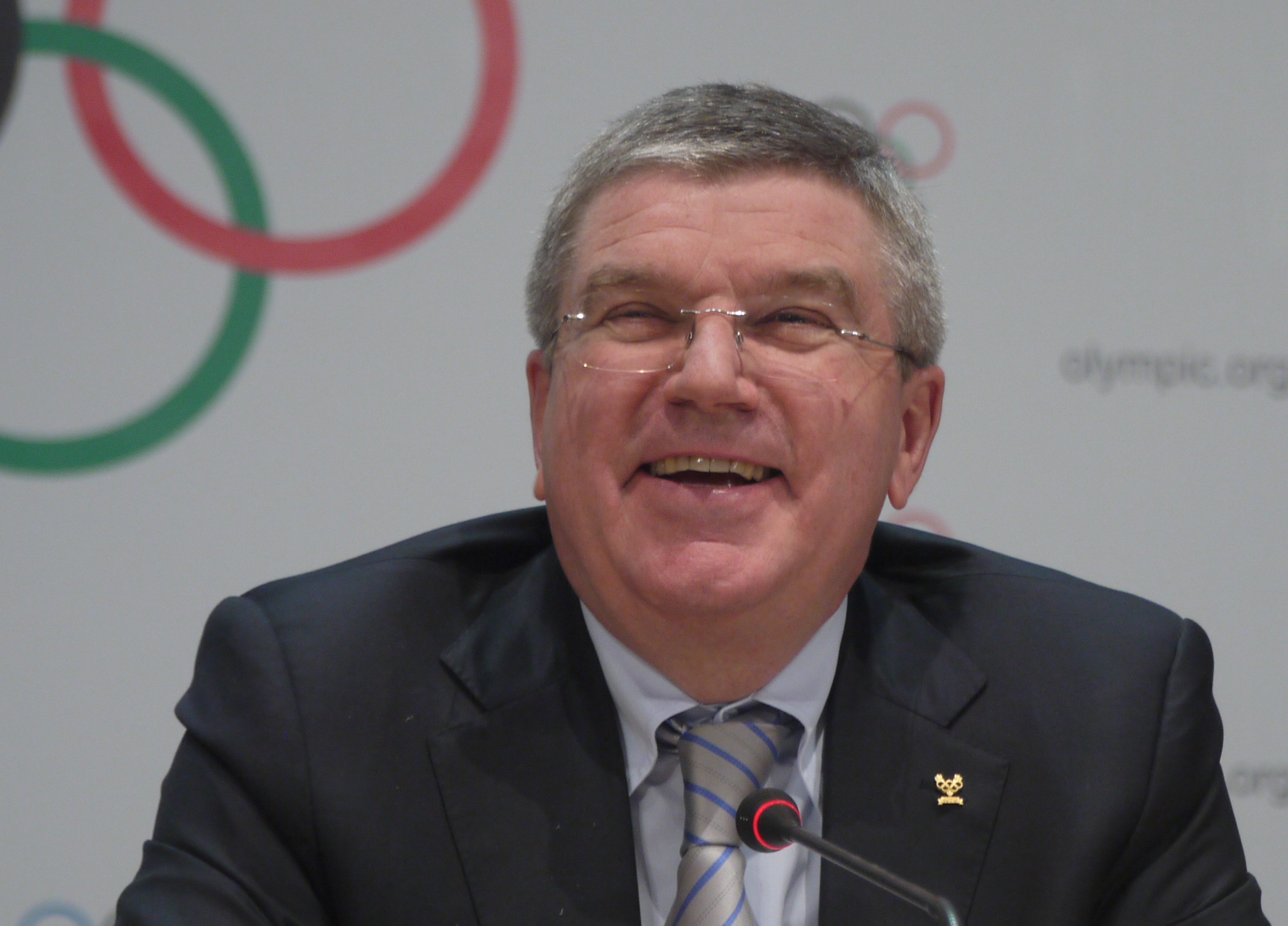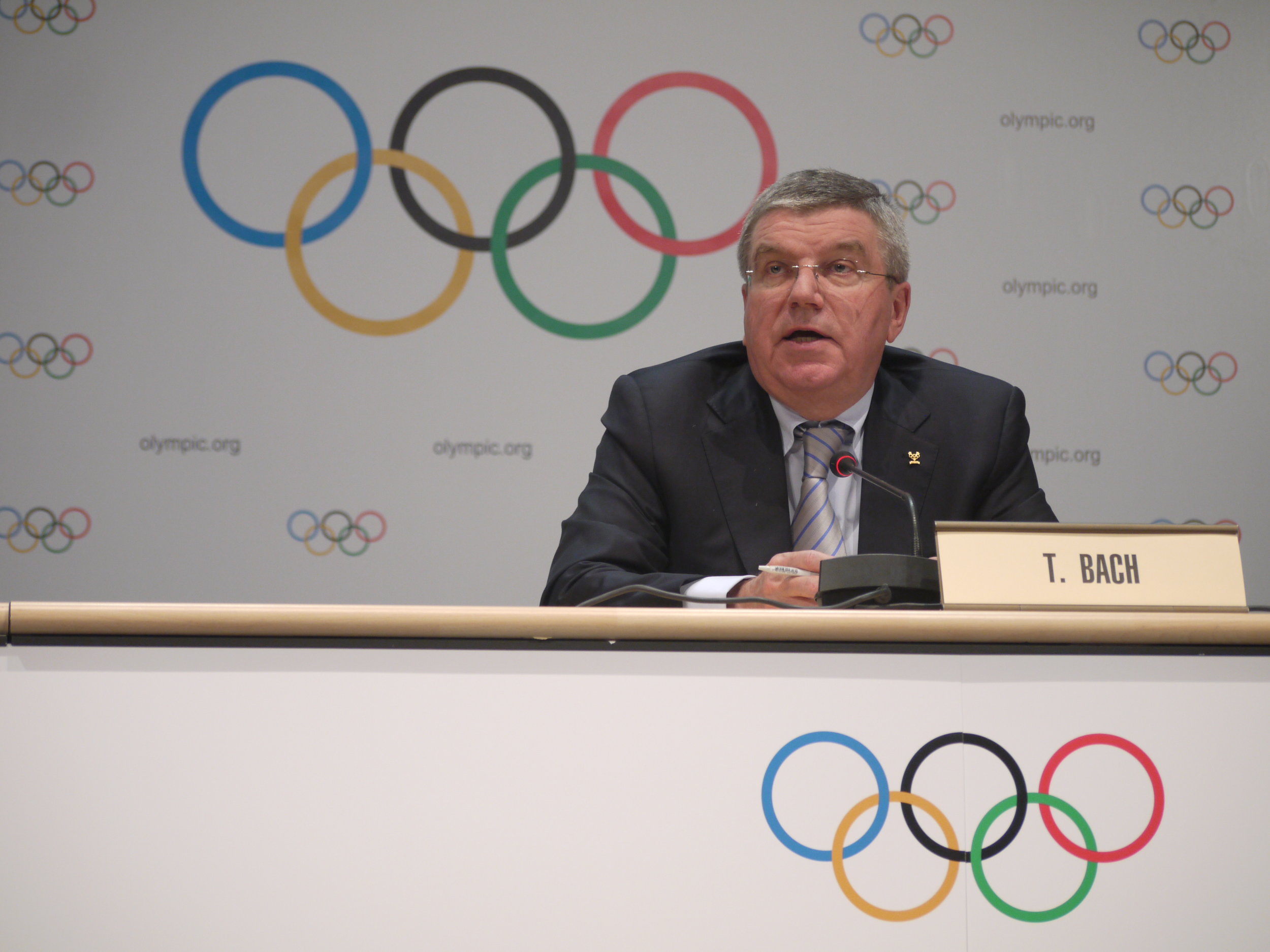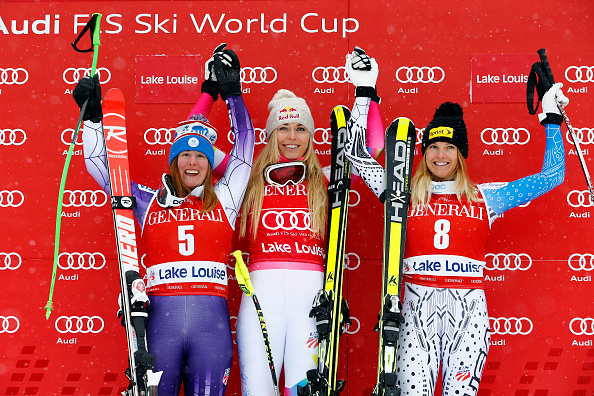The Olympic movement is all about changing the world. Very few people actually effect such change. Everything you see now that reflects China the important player on the world sports stage — all of that is, in some piece big or small, the work of He Zhenliang, a former International Olympic Committee vice president who died Sunday at age 85. Mr. He, as it seemed everyone in Olympic circles called him, was a remarkable man. He was not only the bridgehead, as David Miller pointed out Monday in the Olympic newsletter Sport Intern, but then the bridge between China and the world outside. There have been tributes, and appropriately, from around the world. Yet those tributes have missed, or glossed over, the tribulations and complexities that helped shape Mr. He.
And without those it is impossible to fully appreciate not only his story but China’s ongoing story in the Olympic movement and our world, which is entirely appropriate as the Beijing bid committee prepares Tuesday to lodge its 2022 Winter Games file with the IOC.
There are only two 2022 candidates: Beijing and Almaty, Kazakhstan. If Beijing wins, it would be the first city to stage both the Summer and Winter Games.
Mr. He would doubtlessly find that amazing.
To be honest, everyone ought to find that amazing.
The modern Olympic movement has been around since 1894. The People’s Republic of China, since 1949. The team that we call China — as a point of contrast to the team from “Chinese Taipei,” and by reference this is not intended to be a political discourse — has been back in the Summer Games only since 1984, the Winter Games since 1980.
The IOC president, Thomas Bach, said in a statement issued Monday, “Mr. He was a man of culture and art. He was a true advocate of the social values of sport and of our movement and I would like to pay tribute to the passion and energy he deployed over the years to fulfill his mission as an IOC member in China. He also helped our movement better understand his country, its people and outstanding culture. The Olympic movement has lost one of its most fervent ambassadors.
“For me personally, he showed me true friendship and gave me invaluable advice from very early days as an IOC member. I will always remember this with great gratitude.”
Wei Jizhong, a former secretary general of the Chinese Olympic Committee, told China Daily, “China’s current major-member status in the IOC is inseparable from He’s hard work for decades. His strong enthusiasm and responsibility to China’s sports development as well as improvement of its international image truly impressed me.”
Added Yang Yang, the short-track speed skating star who is now an IOC member, “His fruitful work in the IOC earned a positive impression from the world about Chinese sports, which inspired me and guided me to continue my work as a sports official.”
There will doubtlessly be smiles for the camera Tuesday at the Chateau de Vidy, the IOC headquarters in Lausanne, Switzerland.
That’s appropriate.
Mr. He knew great happiness on the Olympic stage. He played a key role in Beijing's win — at the IOC session in Moscow — for the 2008 Summer Games.
He knew disappointment as well. In 1993 — at the IOC session in Monaco — Sydney defeated Beijing for the 2000 Games, literally by a couple votes. Wei said Mr. He wept privately.
Just imagine, though, and it is difficult now, all these years later, having seen the bang of the 2,008 drums in the 2008 opening ceremony, to have seen Michael Phelps go 8-for-8 in the pool at the Water Cube, to have seen Usain Bolt set world records on the track at the Bird’s Nest — imagine what must have been going through Mr. He’s mind.
Mr. He had been exiled to the Chinese countryside during the Cultural Revolution. He literally did hard labor.
During those years, which saw ping-pong diplomacy, the authorities would sometimes call him in from the countryside. Why? Because he spoke French and English, and knew not just how to translate but, even more important, how to conduct himself with the people from overseas. When the foreigners would leave, Mr. He was sent back to the countryside, there to await a next round of ping-pong and artful finesse.
Mr. He had come from Shanghai, and the French Concession there. He earned a degree from Aurora University in Shanghai in electric mechanics in 1950, the year after the revolution. In 1952, he was part of the formal mainland Chinese delegation to the Helsinki Summer Games; to reiterate, there would not be another team from “China” at the Summer Olympics until Los Angeles in 1984.
In the mid-1950s, Mr. He was an international communications official in what was then the National Sports Commission. In the 1960s, he was a senior official for organizations such as the Chinese gymnastics and table tennis federations.
Then, though, came the Cultural Revolution.
“Along with his colleagues [at the sports commission], he was doing hard labor,” said Susan Brownell, a professor at the University of Missouri at St. Louis who is not only an authority on China and the Olympics but translated into English the story of Mr. He’s life, “He Zheliang and China’s Olympic Dream.”
The book is written by Mr. He’s wife, Liang Lijuan, and Brownell said of the years when Mr. He was in exile, “He would see his wife and children for a short time and then disappear again,” adding, “His partnership with his wife is inspiring, just a really great story of loyalty.”
In 1979, Mr. He was made deputy secretary general of the Chinese Olympic committee; in 1982, its secretary general.
That, though, was not his real break.
That came in 1981, when then-IOC president Juan Antonio Samaranch worked it so that Mr. He became an IOC member.
This had two results.
One, it helped to significantly advance China’s cause within the IOC. Three years later, in Los Angeles, there was China back at the Summer Games. The next few bid cycles would see it emerging as a serious contender, and then a winner, for the Summer Games — with the bang of those 2,008 drums, it has been said, perhaps signaling the onset of the Chinese century.
Two, Mr. He’s IOC membership gave him a standing within China that would help him navigate any number of shifting domestic political currents. In 1981, Mr. He was still in his early 50s; he would be an IOC member until 2010, which Samaranch and others in the IOC hierarchy knew full well.
Mr. He would serve 16 years on the IOC’s policy-making executive board, four as a vice president.
Even as China increasingly engages with the world, there remains — and sometimes at the highest levels of government — a lingering xenophobia, or as Brownell put it, “a distrust of people seen to be too internationalized, or not Chinese enough.”
She said, “It was really interesting to watch him move among IOC members. The first time I had dinner with him, in 2000, I was watching him converse in French with his IOC colleagues, managing conversation and pouring out wine, and I was thinking I had never seen a mainland Chinese do that.
"He could also manage western facial expressions. I had never met anybody like that — never met anybody who could move in both worlds.”
The last time she had dinner with Mr. He and Ms. Liang was in 2012. “After that time,” Brownell said, “I knew I would never see him again. Sure enough, that was the last time.”
She said, giving voice to an emotion felt by many within the Olympic movement, “I really admired him. He was a really inspiring and admirable person,” a man whose work and legacy will live on, in China and well beyond — perhaps to 2022, perhaps far, far longer.




















